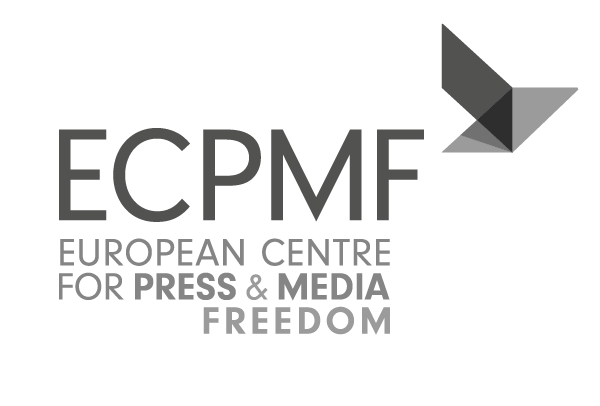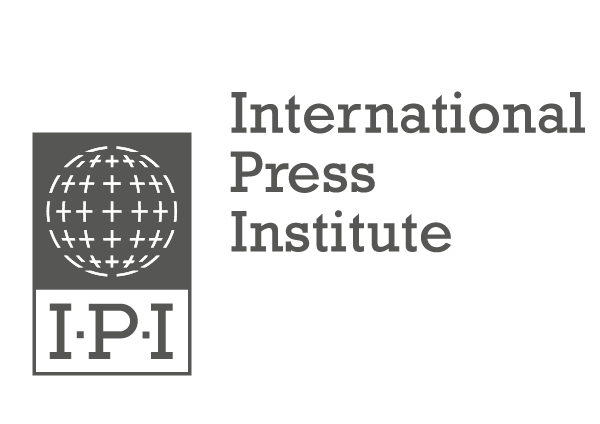By Alexandra Nistororiu
When the former head of Radio Romania asked to know who gave the information to investigative journalists at tolo.ro and Gazeta Sporturilor, the prosecutors complied and gave the name of Gabriela Scraba. After they took her laptop, they searched her house and belongings in front of her autistic daughter and 80 year old aunt. At six in the morning, Gabriela Scraba confessed to an non-existent crime.
It started back in October 2016: Gazeta Sporturilor & tolo.ro published an investigation into the way Ovidiu Miculescu, head of Radio Romania (a public institution, the public radio in Romania) was abusively using public funds in his work-related travels. He was spending more than 5.000 euro per destination, only travelling business class etc. Miculescu was upset with the stories published by Scraba, so he made three crime reports to DIICOT (The Directorate for Investigating Organized Crime and Terrorism) to find out who was providing the journalists with so-called “inside information”.

Gabriela Scraba
Photo: Alexandra Nistororiu
Miculescu claimed, and the prosecutors agreed with him, that the release of the information to the media was “a disclosure of classified information and trade secrets”. Even though the information regarding the publicly-funded travels of the head of Radio Romania (RRA) and the report of the Romanian Court of Auditors (Curtea de Conturi) is in fact public information, the DIICOT prosecutors actually opened a criminal case, searched several homes and undertook digital surveillance, in order to find out who „the whistle-blower” was. This is how they put an enormous pressure on Gabriela Scraba, the editor-in-chief of the musical department of Radio Romania. The woman is the full-time caretaker of her 25-year-old daughter with severe disabilities. She was made to confess that she had committed a crime, even though there is absolutely no crime in giving the public information that, by Constitution, belongs to the public.
Gabriela Scraba initially accepted a suspended prison sentence of 15 months. Later on, a court rejected the plea agreement between her and DIICOT. However, DIICOT decided to appeal. At last, The Appeal Court of Bucharest issued a final ruling that the prosecutors had no grounds to prosecute and charge the journalist.
This incredible abuse by the DIICOT prosecutors forced Gabriela Scraba into retirement. She had been working for the public radio for 30 years. Libertatea daily exposed the facts and the names of the prosecutors and judges who created a chain reaction that criminalised public information, because the head of the public radio, Ovidiu Miculescu asked them to. The appeal of DIICOT was signed by Daniel Horodniceanu, the former head of DIICOT and a candidate for two important positions: General Prosecutor of Romania and European Public Prosecutor.
Gabriela Scraba wanted to tell her story, as she suffered immensely for only making public information available to the public and was not actually doing anything illegal.





